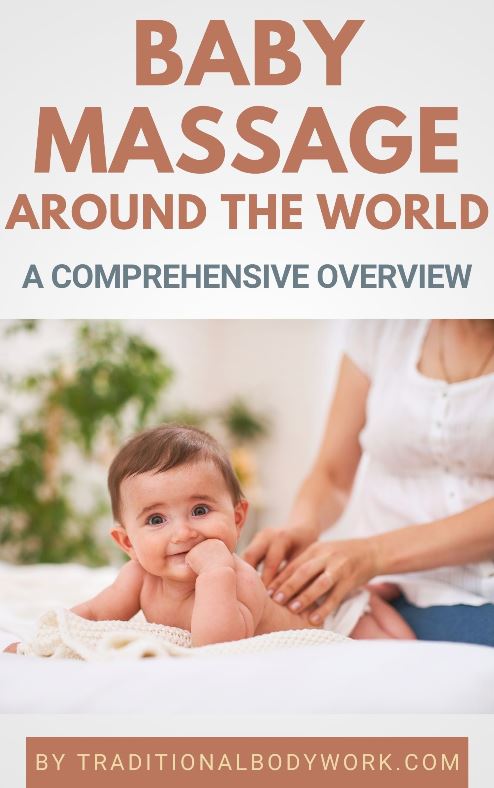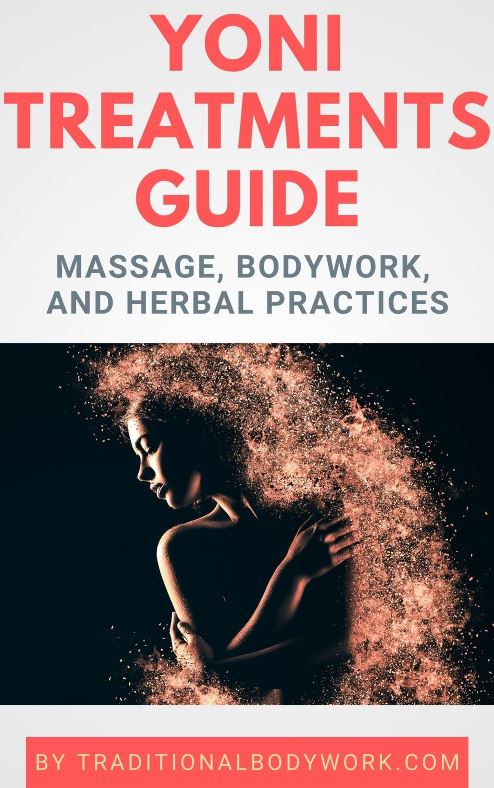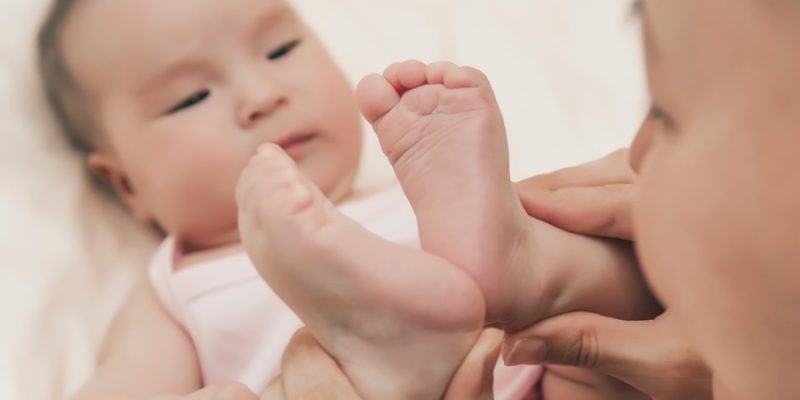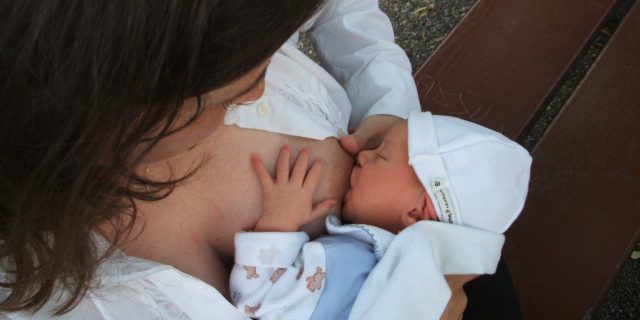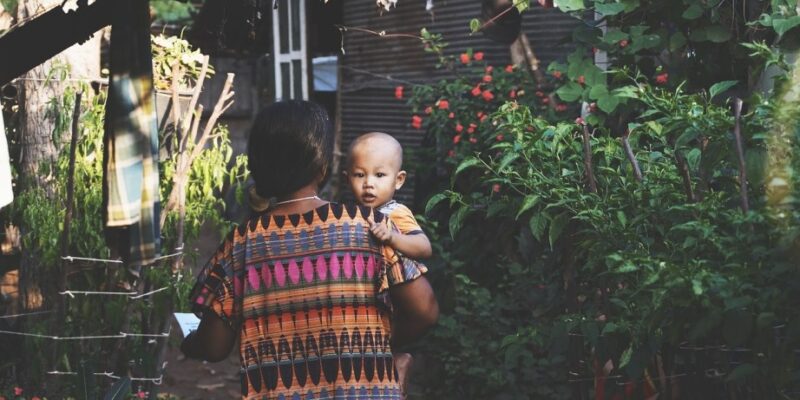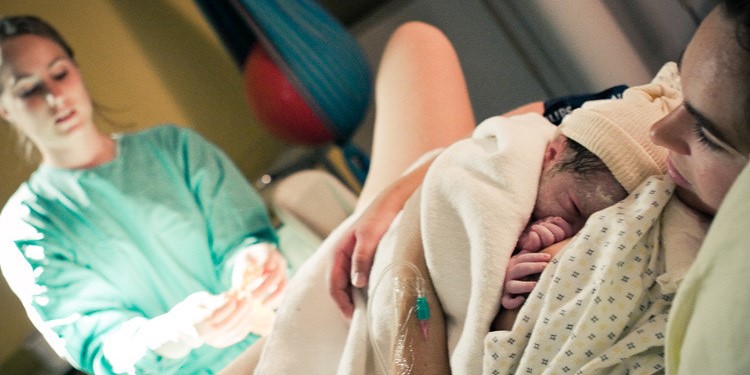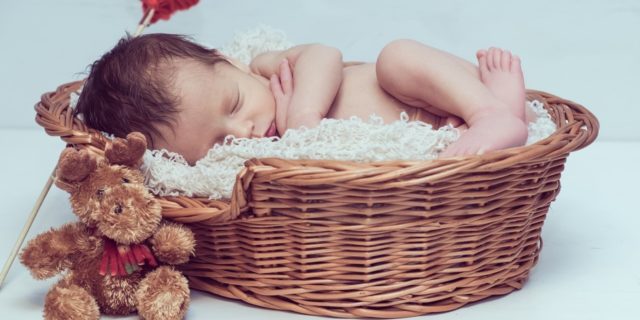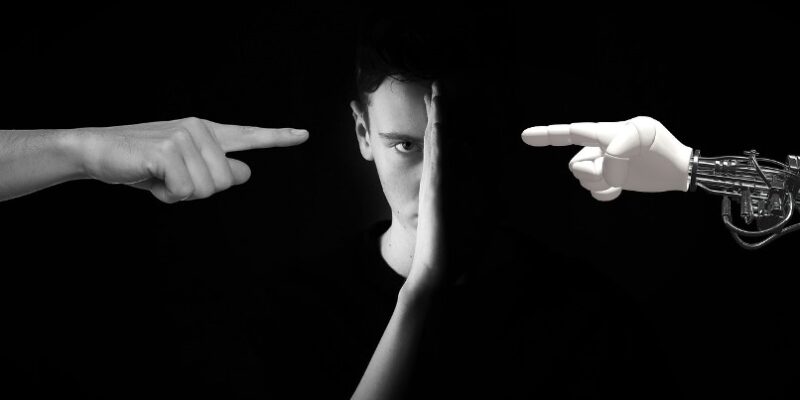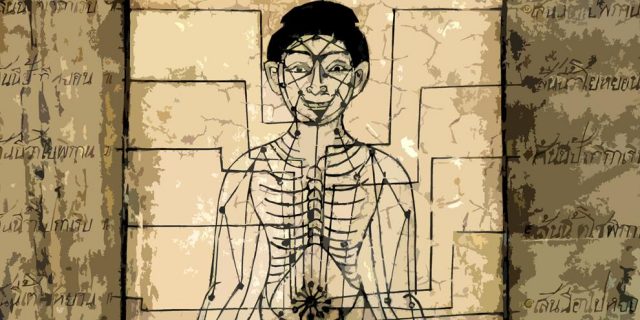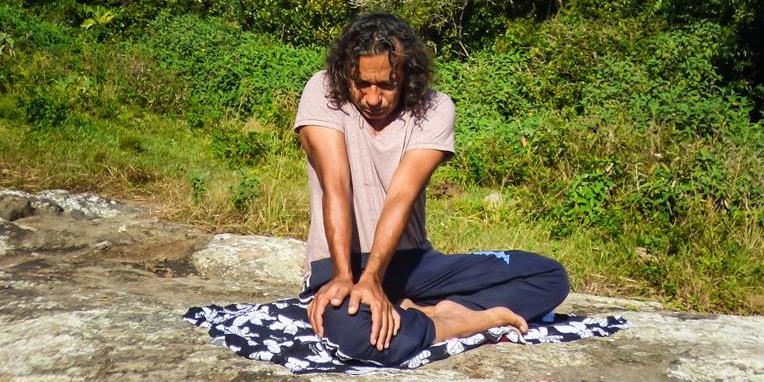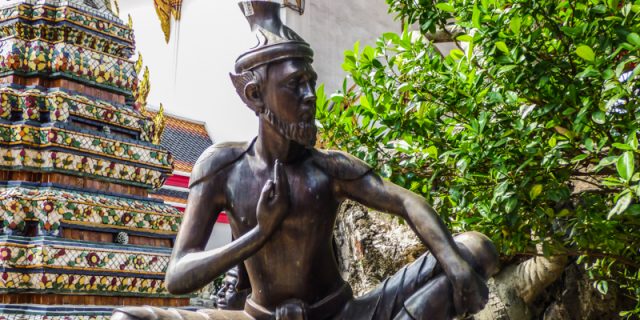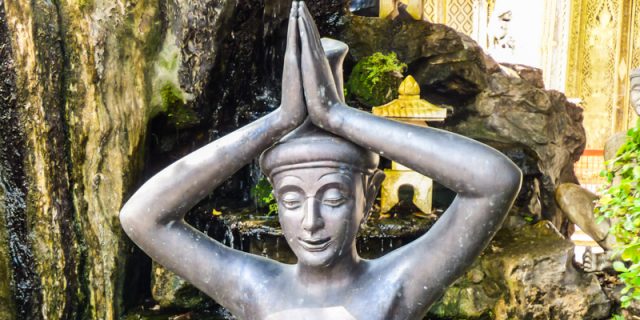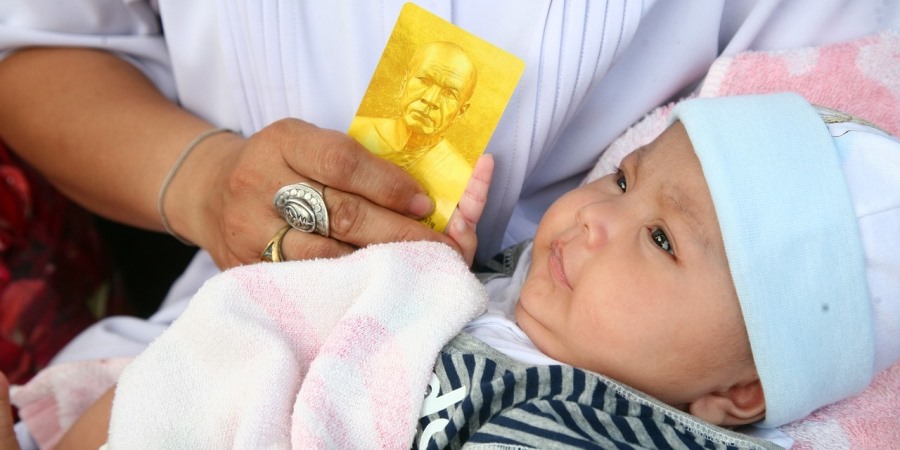
Traditionally in Thailand, there’s an extended postpartum rest period for the mother (Yu Duan period), and relatives will assist or play a dominant role in infant care.
During the Yu Duan confinement period the mother and baby usually receive organized support from family members, including her husband or partner, from respected women within the community, from traditional birth attendants or midwives, or other young women and acquaintances from the community.
Massage
In Thailand, Thai Baby or Thai Infant Massage is regularly applied. It can support stimulating an infant’s muscular and nervous system, help prevent any malformation, and can assist in a healthy development of the child’s body, mind and spirit.
Dietary care
Dietary care for the mother is of vital importance for high-quality breast milk, that is, of course, if the mother can or will breastfeed. As breastfeeding is seen as very important in Thailand, the mother will adhere to a variety of dietary rules, thereby giving the baby the best she can.
Rituals
Depending on the region in Thailand there are many variations in the kinds of rituals that are adhered to. Below we mention a few.
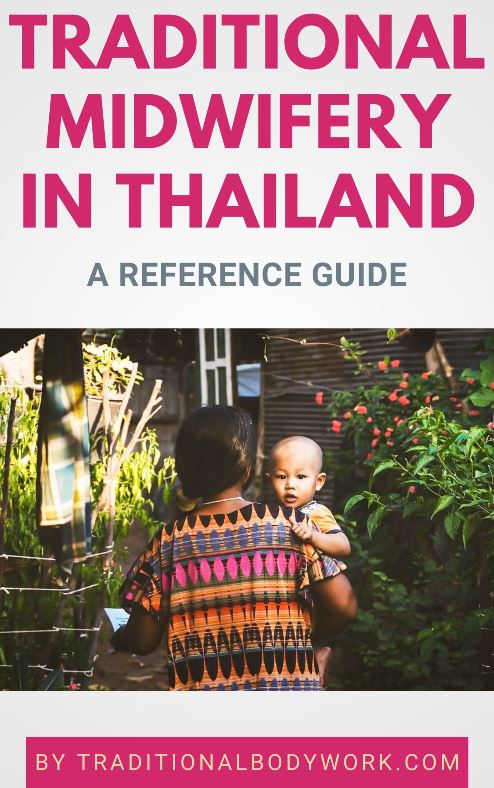
◾ A prominent tradition is the so-called “beautification” of the newborn. Immediately after birth, for instance, the traditional midwife cuts the umbilical cord (usually not with bamboo any longer such as in the old days), and washes and beautifies the little one with yellow and white powder;
◾ There’s also a ritual where, on the third day, the Lon Dek Nai Kadon rite is performed or the rite of “entering and exiting the basket”, which consists of placing a baby into a basket with a pencil and a notebook (for smartness) and money (for richness), and girl babies are also given knives and cooking utensils. This rite has spiritual connotations including claiming the baby from the spiritual world into the material world;
◾ Another important tradition is making offerings at a temple on the third day to receive blessings from a monk;
◾ The so-called “Fire Shaving” ceremony is held when the child is one month and one day old, and involves cutting the baby’s hair. As a precaution, babies must be kept away from the rain;
◾ The “Entering the Fire” ritual is done to protect both mother and newborn from being harmed by ghosts and heat;
◾ Traditionally, a name for the baby is given on the fourth or fifth day after birth. This is usually done by the father, but it can also be done by both the mother and father. Interesting fact is that a child cannot be given the same name as someone from the Thai Royal Family;
◾ Circumcision in Thailand is not done often. Only about 13% of the Thai male population is circumcised. Mind that this is in fact the case almost only for the predominantly Muslim communities in southern Thailand;
◾ Among Muslim families, the infant’s abdomen is bound around the umbilical area in order to prevent abdominal colic.
And Finally
In Thailand, it’s not specified when exactly the newborn period ends. In general, one will see a gradual process to independence of the child. It’s for instance not uncommon that a child sleeps for many years with the parents in one bed. Some say the newborn period is over when the child doesn’t need any diapers any longer, but all this varies a lot depending on the region of the country.


